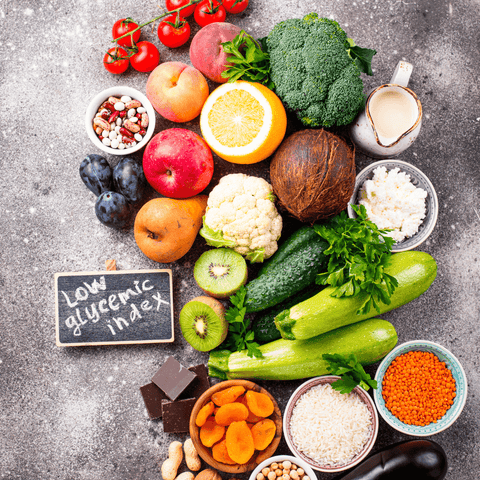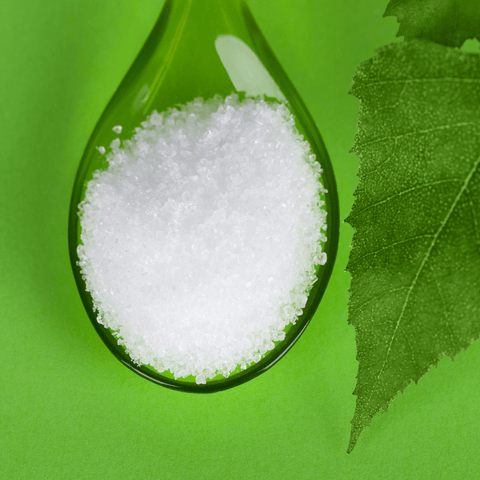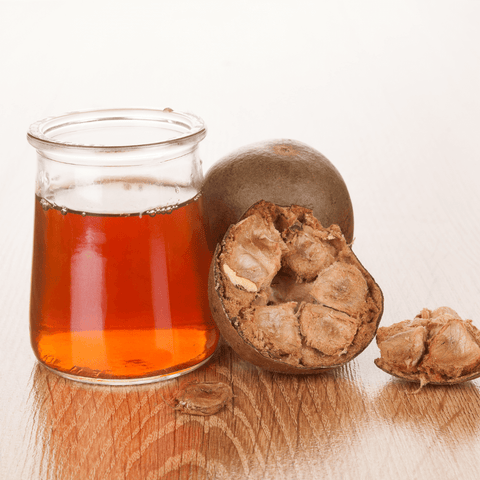Diabetics and pre-diabetics know how essential it is to learn how to manage blood sugar levels, but with a few simple precautions everyone can prevent health problems related to hyperglycemia.
Understanding how to lower blood sugar levels and avoid blood sugar spikes is the best form of prevention of type 2 diabetes and in general allows you to improve your health in the short and long term.
Sugars and insulin
In a healthy person, the body manages blood sugar levels by producing insulin, a hormone that allows cells to use the sugar circulating in the blood. Insulin is basically involved in regulating blood sugar levels . However, there are some cases in which it is unable to do its job well, in this case we speak of hyperglycemia .
The endogenous causes of hyperglycemia can be linked to the excessive production of glucose by the liver, from the poor production of insulin or from the inability to use insulin effectively (in this case we speak of insulin resistance )
Exogenous (external) causes include diet, use of certain medications, a sedentary lifestyle, and stress.

10 tricks to lower blood sugar levels
Regular exercise
Regular exercise can help you achieve and maintain a moderate weight and increase insulin sensitivity . Greater insulin sensitivity means your cells can more effectively use the sugar available in your bloodstream.
Reduce your carbohydrate intake
Carbohydrate intake strongly affects blood sugar levels. Your body breaks down carbohydrates into sugars, mainly glucose then insulin helps your body use and store it for energy. When you eat too many carbohydrates or have problems with insulin function, this process fails and blood glucose levels can rise. Many studies show that following a low-carb diet helps lower blood sugar levels and prevent blood sugar spikes . It is important to note that low-carb diets and no-carb or very low-carb diets such as the ketogenic diet are not the same thing. You don't need to follow such an extreme diet as the ketogenic one to effectively manage blood sugar levels.
Increase your fiber intake
Fiber slows down the digestion of carbohydrates and the absorption of sugar , thus promoting a more gradual rise in blood sugar levels. There are two types of fiber: insoluble and soluble. While both are important, soluble fiber has been shown to improve blood sugar management , while insoluble fiber has not been shown to have the same effect. A high-fiber diet can improve the body's ability to regulate blood sugar .
Drink and stay hydrated
Staying hydrated can help reduce blood sugar levels and the risk of diabetes . Choose water and sugar-free drinks (obviously) avoid sugary drinks.
Choose foods with a low glycemic index
The glycemic index (GI) measures how quickly carbohydrates break down during digestion and how quickly your body absorbs them. This affects how quickly blood sugar levels rise . The glycemic index divides foods into low, medium, and high GI and ranks them on a scale of 0 to 100. Low glycemic index foods have a ranking of 55 or lower . Both the amount and type of carbohydrates you eat determine how a food affects blood sugar levels. Eating foods with a low glycemic index has been shown to help reduce blood sugar levels in people with diabetes.
Try to reduce stress
Stress Can Affect Blood Sugar Levels , Did You Know? When stressed, your body secretes hormones called glucagon and cortisol , which cause blood sugar levels to spike .
Get enough sleep
Lack of or poor quality sleep can affect blood sugar levels and insulin sensitivity , increasing the risk of developing type 2 diabetes. In addition, lack of sleep increases levels of the hormone cortisol , which, as explained, plays an essential role in blood sugar management .
Consume foods rich in chromium and magnesium
High blood sugar levels and diabetes have been linked to micronutrient deficiencies. Chromium is involved in carbohydrate and fat metabolism . It can enhance the action of insulin, thus helping to regulate blood sugar . Magnesium has also been shown to benefit blood sugar levels . In fact, diets rich in magnesium are associated with a significantly reduced risk of diabetes. Conversely, low levels of magnesium can lead to insulin resistance and decreased glucose tolerance in people with diabetes
Consume (healthy) snacks
Several studies suggest that eating smaller, more frequent meals throughout the day could improve insulin sensitivity and lower blood sugar levels.
Take probiotics
Probiotics are friendly bacteria that offer numerous health benefits, including better blood sugar regulation . Research shows that taking probiotics can lower fasting blood sugar, glycated hemoglobin (HbA1c), and insulin resistance in people with type 2 diabetes. Interestingly, studies have found that improvements in blood sugar levels are more significant in people who consume more species of probiotics and for at least 8 weeks
The Glucose Revolution is a really great book. Written in a simple way, easy to understand even by non-experts, it clearly explains what problems blood sugar spikes can bring (not only to diabetics, to everyone) in terms of health but also body weight .
I loved this book because it not only explains in a theoretical way but provides a series of really useful tips and tricks to avoid glycemic peaks and lower the glycemia curve without distorting one's diet.
Read it, it's really worth it.











